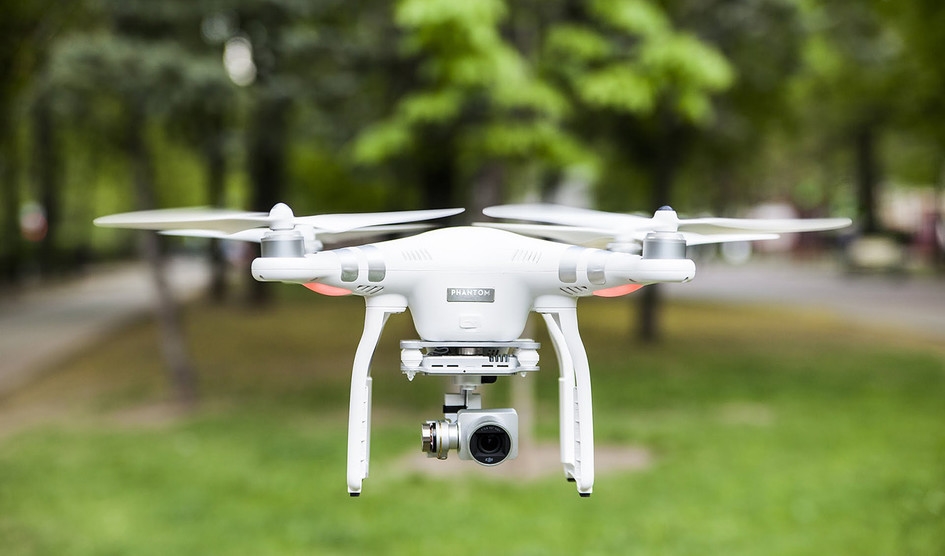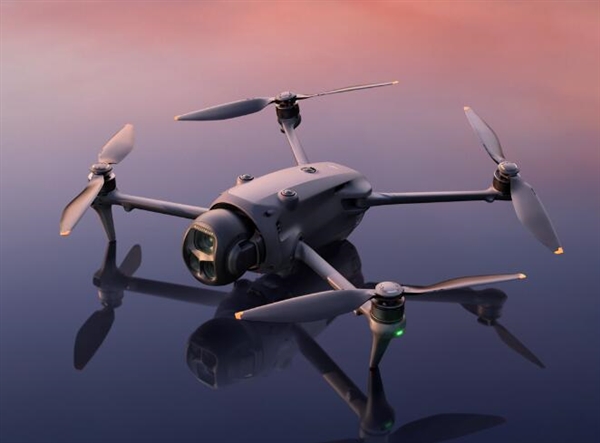In the modern world, drones are revolutionizing industries, making the process of obtaining a commercial drone license more relevant than ever. This document opens vast opportunities in sectors such as agriculture, real estate, film, and surveillance. Understanding the steps required to gain this license can transform how you approach your career and business ventures.
Understanding What a Commercial Drone License Entails
To fly a drone for commercial purposes, you need to comply with specific regulations set by aviation authorities. For instance, in the United States, this involves acquiring a Part 107 Remote Pilot Certificate through the Federal Aviation Administration (FAA). Such licenses ensure that operators adhere to safety standards while unlocking numerous commercial avenues.
Steps to Obtain a Commercial Drone License
The process begins with understanding the regulations applicable in your area. Generally, this involves:
- Eligibility: Being over 16 years of age and passing TSA vetting.
- Knowledge Test: Preparing for and passing the initial aeronautical knowledge test focused on regulations, safety, and drone operating procedures.
- Application Process:
 Applying for the certificate, usually online, and completing forms as required by your national aviation authority.
Applying for the certificate, usually online, and completing forms as required by your national aviation authority.
Preparing for the Knowledge Test
Preparing is crucial for passing the knowledge test. Here are some tips:
- Familiarize yourself with airspace classes and operating requirements.
- Understand the impact of weather on drone operations.
- Study safety procedures and emergency response guidelines.
- Utilize resources like online courses, study guides, and practice tests to bolster your knowledge.

Application and Approval Process
Once you have passed the test, the next step is submitting your application. Here’s what the process typically involves:
- Complete the application using the relevant online platform such as the FAA’s IACRA for US applicants.
- Submit necessary documentation including proof of passing the knowledge test.
- Await approval. Approval times may vary based on the authority and the completeness of your application.
The Advantages of Obtaining Your License
Possessing a commercial drone license not only fulfills legal requirements but also positions you for numerous professional benefits:
- Expanded Opportunities: With a license, you can legally offer drone services, enhancing your business’s scope.
- Competitive Edge: Drones allow for unique perspectives and efficiencies, making you and your business stand out.
- Technological Insight: Learning drone operations offers insight into advancements in technology.
Common Challenges During the Licensing Process
While the path to a commercial drone license is rewarding, applicants may face challenges such as understanding regulations and juggling study commitments with other responsibilities.
FAQs on Commercial Drone Licenses
Do I need a commercial drone license for recreational drone flying? No, a commercial drone license is only necessary for professional or business-related operations, not for recreational use.
How long is a commercial drone license valid? Typically, a Remote Pilot Certificate is valid for two years, after which you must renew through a recurrent knowledge testing.
Can I fly my drone at night with a commercial license? Flying at night is conditional and often requires additional waivers. However, recent updates in regulations might allow for certain operations post-twilight.